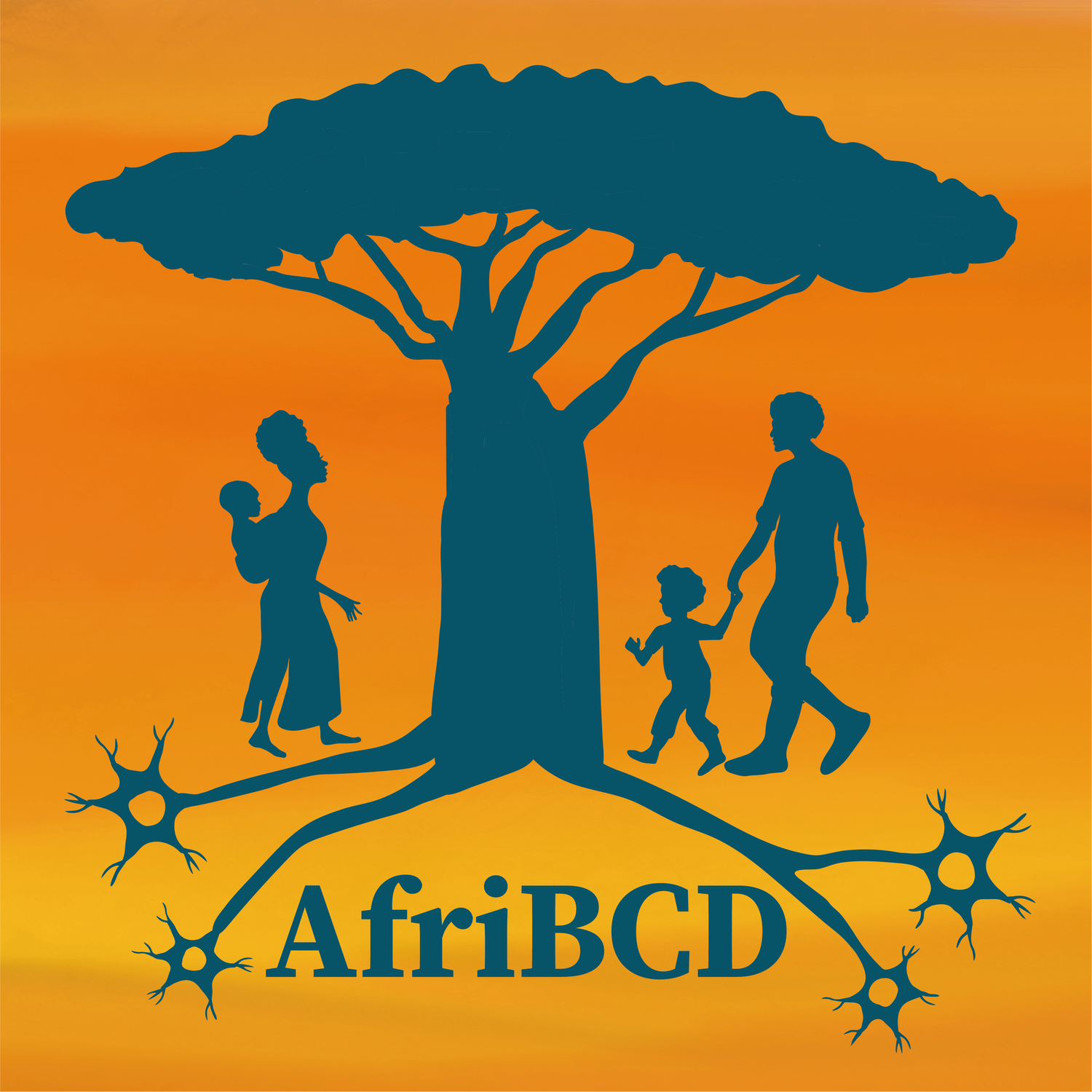AfriBCD
African Brain & Cognitive Development Network
Photography by Ian Farrell
AfriBCD is a network aimed at bringing together researchers and partners who are interested neurocognition across the lifespan in Africa. Our ethos is inclusivity; we have cast a wide net to bring together researchers who examine different life stages, using diverse methods. With this approach, we hope to showcase and support work that examines both cognitive and neural development, and its interactions with broader health and psychosocial factors.
We strive to foster a truly global and open developmental science. With this goal in mind, we embrace open science principles, encourage active engagement, and support researchers in networking, collaborative projects, and accessing funding opportunities. Together, we can create an environment of knowledge sharing and intellectual growth.
Photography by Ian Farrell
Goal: create a Community of Practice (CoP) centered around measuring cognition in Africa.
Evidence suggests that cognition is both shaped by, and shapes, the impact of an individual’s environment on their well-being, mental health, and lifelong outcomes. “Cognition” is purposefully a broad label, as it is still unknown which aspects of cognition (and which measures of those aspects) are most important for health and well-being. For example, aspects of cognition our team focuses on are executive functions (e.g., cognitive flexibility, working memory, and inhibition) as well as autobiographical memory, visual attention, and reasoning.
There is growing recognition that our understanding of cognition and cognitive development is incomplete, as most research to date has been conducted on a small proportion of the world’s population, predominantly in minority world settings. As such, neurodevelopmental science needs stronger representation from more diverse populations around the world. Yet finding culturally appropriate tools, particularly those measuring cognition, remains a challenge. We aim to address this issue by establishing a community of practice (CoP) that will create culturally tailored, open access cognitive assessments for use with African populations. The key to this CoP is co-creation and collaboration – we invite researchers and partners from African based institutions and around the world to partner with us in this endeavour.
Cognition: the mental process of acquiring knowledge, understanding, and awareness through thought, experience, and perception. It encompasses various mental activities such as thinking, reasoning, problem-solving, learning, memory, attention, language comprehension, and decision-making.
Vision: this CoP will be a long-lasting space to share ideas, methods, best practices, challenges, and data.
This community and its ongoing methods development will be useful across many research teams and partners in Africa, given the ubiquity of these basic cognitive and neural functions across so many areas of health and wellness. This project can also serve as a model for how to catalyse research in other underrepresented communities.
Photography by Ian Farrell
AfriBCD and the CoP are the result of a collaboration between an Insight Development grant (430-2022-0430) from the Social Sciences and Humanities Research Council of Canada awarded to Isabelle Blanchette and Cathy Draper, focused on catalyzing cognitive research in Africa, a UKRI ESRC Secondary Data Analysis Initiative Grant (ES/V016601/1) awarded to Bosiljka Milosavljevic and Sarah Lloyd-Fox and a UKRI Future Leaders Fellowship to Sarah Lloyd-Fox (MR/S018425/1), whose aims were to create a network of partners interested in child development, health and education research in Africa.
The idea for the insight development grant developed organically through conversations between Dr. Blanchette and Dr. Draper's teams, as well as with collaborators in the Democratic Republic of Congo. Namely, Jean Ikanga who has been pioneering the spread of African Neuropsychology, and Eric Kankunda who has introduced cognition in research and teaching at the Université de Goma, eastern DRC. The network expanded to Northern Africa, thanks to the early efforts of Abdelaziz El Bardouni.
Work on AfriBCD is now funded by an Insight Development grant from the Social Sciences and Humanities Research Council of Canada, the UKRI Economic and Social Research Council Secondary Data Analysis Initative, and the School of Biological and Behavioural Sciences at Queen Mary University of London.
Funding:
Taeko Bourque
Website design
Photography (from The Gambia)
Ian Farrell
Caroline Walker
AfriBCD logo design






